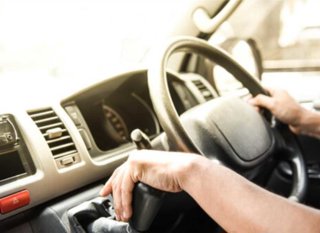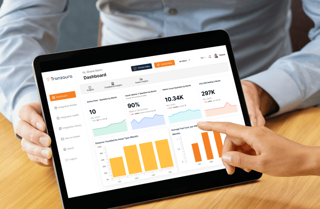“I check before the deduction is made,” says Bolton. “A driver might not have submitted their odometer reading because they were off ill, so in that case they wouldn’t have the full fuel deduction.
“But we will do the deduction for repeat offenders.”
A deduction only has to happen once for drivers to conform in Bolton’s experience.
There are duty of care benefits too. “We get a high-mileage drivers report which is good for health and safety purposes,” says Bolton. “We used to have to do it manually.”
Grey fleet drivers also have to confirm the status of their driving licence and insurance, and verify that their vehicle is taxed, is serviced regularly and has passed its MOT.
“Overall, it’s a solid system,” Bolton adds.
Case study: Willmott Dixon
Willmott Dixon and its employees expect to make a £500,000 annual saving thanks to a subsistence allowance scheme that works in conjunction with The Miles Consultancy’s (TMC’s) mileage capture system.
Under the scheme, employees sacrifice a portion of their salary in return for subsistence allowances, which cover the cost of meals incurred when on company business.
The allowances are paid at the HMRC benchmark rates, free of tax and national insurance contributions.
Willmott Dixon passes on the income tax and National Insurance savings to employees while the company benefits from lower employer’s NI.
More than 550 employees have joined the scheme to date and it is possible for a higher-rate taxpayer to save more than £80
a month if they are out on qualifying business every day.
Crucial to the scheme’s success is demonstrating that the employee was away from their home or normal workplace on qualifying business.
This is where TMC’s system comes in.
Graham Dundas, deputy chief financial officer at Willmott Dixon, explains: “We wanted to obtain HMRC approval for the arrangement and realised that we would need a robust control mechanism for identifying when people were on qualifying company business.
“Since subsistence claims go hand-in-hand with travel, we quickly realised that the TMC system already provided us with a tightly-controlled, audited process for recording business mileage.
"Aligning subsistence claims with mileage records was the ideal way to police the system and ensure that staff claimed only when they were out on qualifying business.”
TMC modified its system so that drivers can claim the meal allowance when they log business mileage.
It also accommodates train journeys and other forms of transport.
The system calculates how much time they spent away from their home or permanent office and therefore which subsistence rates apply.
It ensures that claims are not made in respect of commute or private trips.
Willmott Dixon gets the information as a payroll data file which minimises payment admin and provides a complete tax audit trail.
To make the salary sacrifice legally effective, employees in the scheme must accept a change to their terms of employment, and this is handled by TMC.





















Alastair kendrick - 26/02/2013 20:06
What evidence is there of more HMRC activity and increased charges of penalties.? I am an employment tax specialist who spends his day dealing with issues. Of this sort and also a ex inspector of taxes and I see no increased activity in this area. I really feel this is being suggested by the mileage capture industry. It is of course to ensure robust systems are in existence. In experience this means tightening the controls through the existing expenses system without starting with new systems